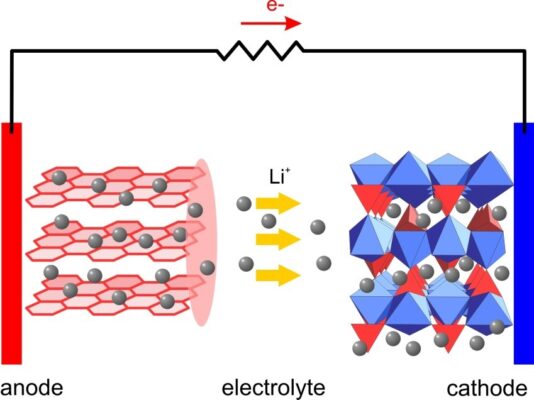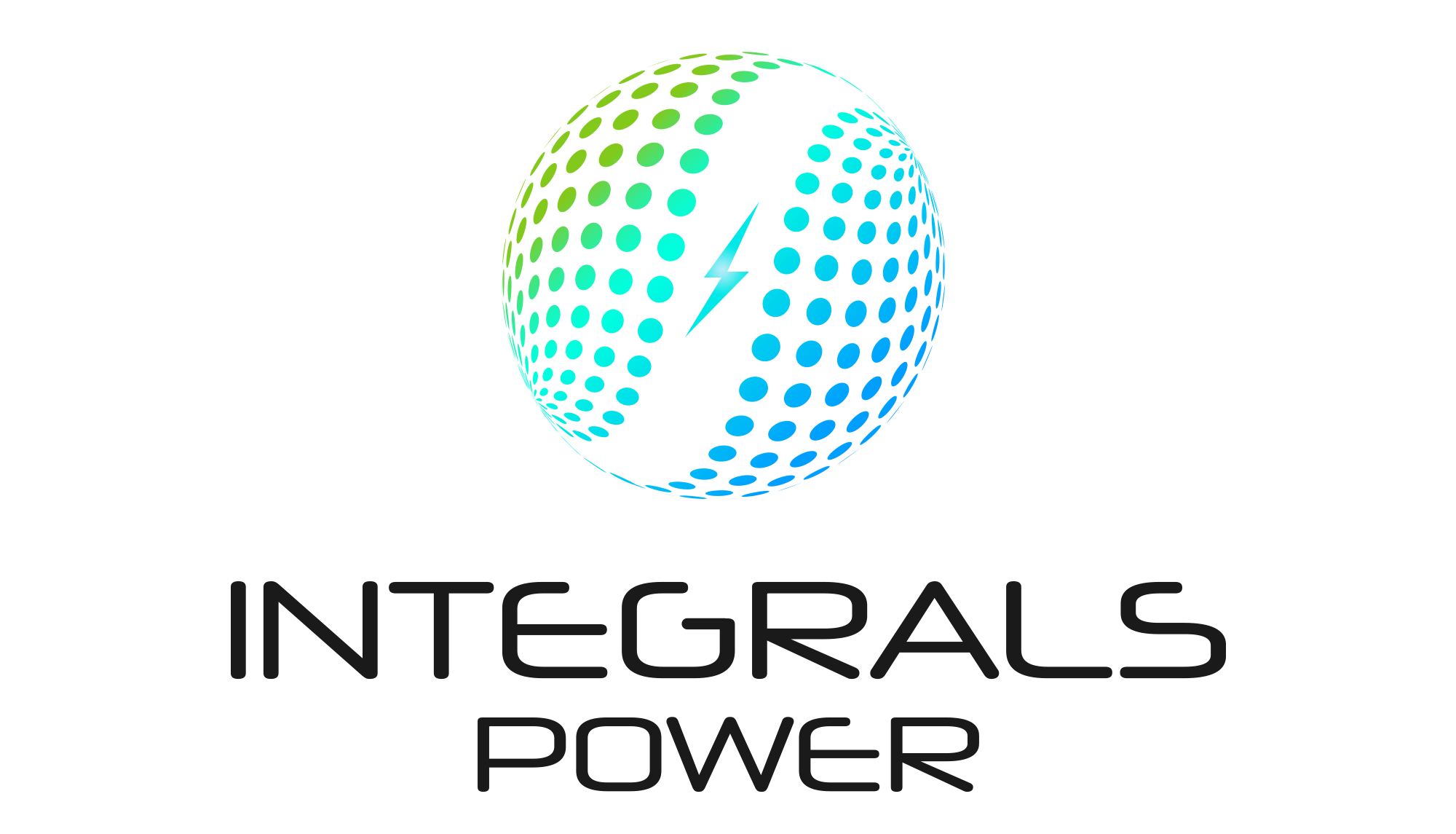Products
Lithium ion : the battery technology of choice

Cathode material: The material used for the positive electrode determines the voltage and capacity of the lithium-ion battery as well as being the source of the lithium ions
Anode material: When the lithium-ion battery pack is being charged, the anode material of the negative electrode is what the electric current flows through from an external circuit. It is also where Li-ions are stored.
Electrolyte: This is made up of additives, solvents, and salts. It is the conduit between the cathode and anode.
Separator: This is what separates the anode and cathode materials.
Cathode material:
The material used for the positive electrode determines the voltage and capacity of the lithium-ion battery as well as being the source of the lithium ions such as LFP and LFMP
Anode material:
When the lithium-ion battery pack is being charged, the anode material of the negative electrode is what the electric current flows through from an external circuit. It is also where Li-ions are stored
Electrolyte:
This is made up of additives, solvents, and salts. It is the conduit between the cathode and anode and transports positively charged ions between the cathode and anode terminals
Separator:
A separator is a permeable membrane placed between anode and cathode. The main function of a separator is to keep the two electrodes apart to prevent electrical short circuits and allow the transport of ionic charge carriers
There are other battery technologies which are underdevelopment and can take a decade to challenge the current performance and advantages of Lithium ion. In overall cathode decides the capacity, discharge rate, power density and energy density of Lithium ion battery cells and due to its vital role in battery performance, Integrals Power is developing improved cathode materials which can add significant value to the current battery ecosystem.
Integrals Power materials
Lithium Iron Phosphate
(LFP)
- Olivine structured cathode material with high specific capacity
- Ultra high discharge rate ( 30C – 40C range)
- High capacity retention within ambient and extreme environmental temperatures
- Excellent safety and long life span
- Large surface area

Lithium Iron Manganese Phosphate (LFMP)
- Olivine structured cathode material with high specific capacity
- High discharge rate
- High capacity retention within ambient and extreme environmental temperatures
- Excellent safety and long life span
- Significant increase in energy density and operating voltage
- Large surface area
